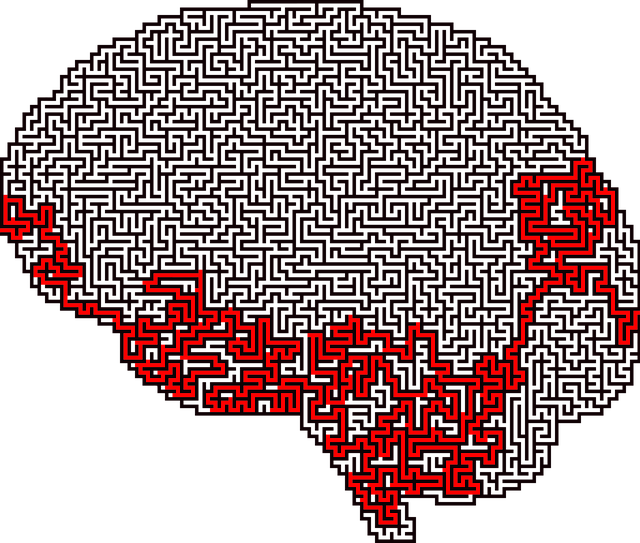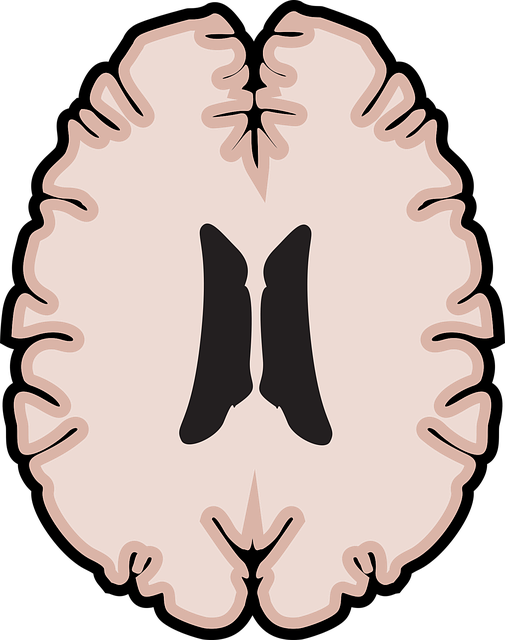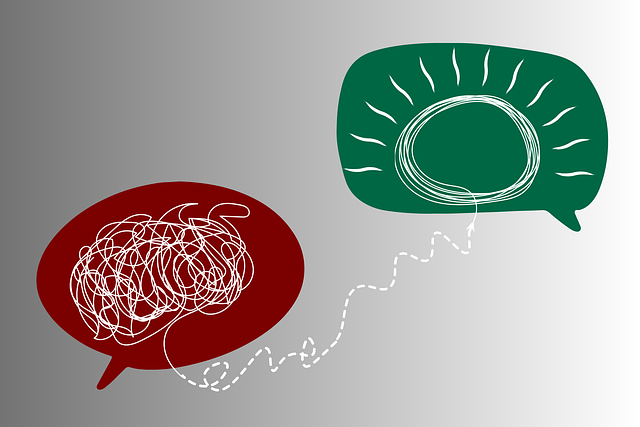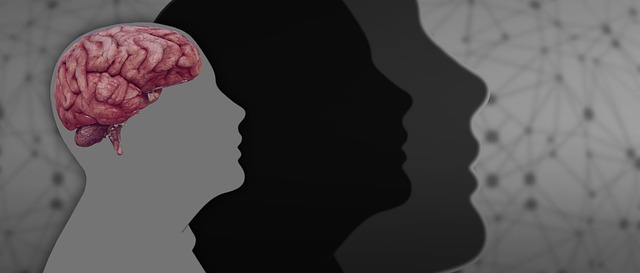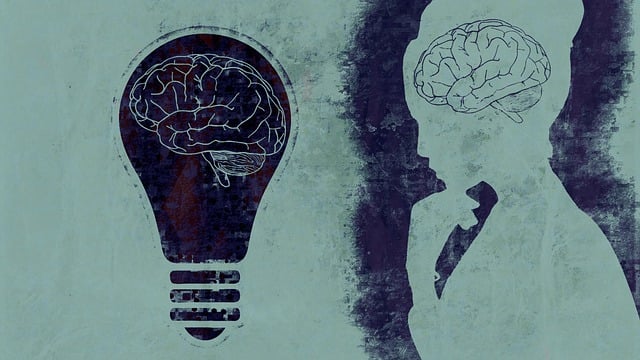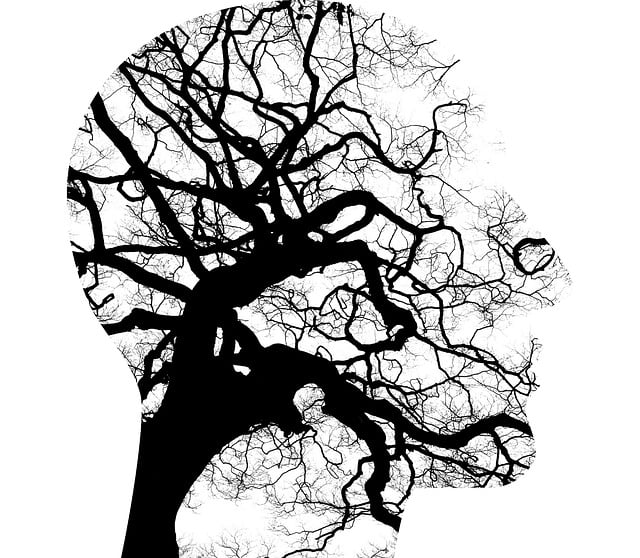Englewood Gender Identity Therapy (EGIT) emphasizes cultural competency as a vital tool for delivering quality healthcare, especially to marginalized LGBTQ+ communities. By understanding patients' cultural backgrounds and implementing Mind Over Matter principles, EGIT improves patient outcomes through tailored services, effective communication, and trust-building. Their training programs, featuring interactive workshops and case studies, enhance provider empathy, self-care, and cultural sensitivity, reducing burnout and promoting inclusive healthcare practices. Through comprehensive evaluations and public awareness campaigns, EGIT amplifies its impact, creating a more compassionate and culturally competent healthcare landscape.
Cultural competency training is an indispensable tool for healthcare providers, fostering empathy and effective communication with diverse patients. This article delves into the critical need for such training, offering a structured framework for understanding cultural competency in healthcare. We present a compelling case study of Englewood Gender Identity Therapy, demonstrating exceptional cultural sensitivity. Additionally, practical guidance on implementing and evaluating training programs equips healthcare professionals to deliver inclusive care, reflecting the evolving landscape of patient needs.
- Understanding Cultural Competency in Healthcare: A Necessary Framework
- Englewood Gender Identity Therapy: A Case Study on Cultural Sensitivity
- Implementing and Evaluating Training Programs for Healthcare Providers
Understanding Cultural Competency in Healthcare: A Necessary Framework

In today’s diverse healthcare landscape, cultural competency is no longer an optional skill but a necessary framework for delivering quality patient care. It involves understanding and appreciating the cultural backgrounds, beliefs, and values of patients, especially those from marginalized communities like LGBTQ+ individuals, as exemplified by Englewood Gender Identity Therapy. This approach ensures that healthcare providers can communicate effectively, build trust, and provide culturally sensitive services tailored to individual needs.
At its core, cultural competency hinges on the Mind Over Matter Principles, encouraging professionals to go beyond surface-level interactions. It involves a deep exploration of one’s own biases, as well as an active commitment to learning about different cultures through Community Outreach Program Implementation. This holistic understanding enables healthcare workers to address not just physical symptoms but also psychological and social factors, thereby enhancing patient outcomes and fostering a more inclusive environment. Effective cultural competency training can significantly improve mood management for patients, ensuring they feel heard, respected, and supported throughout their healthcare journey.
Englewood Gender Identity Therapy: A Case Study on Cultural Sensitivity

Englewood Gender Identity Therapy (EGIT) serves as a powerful case study illustrating the importance of cultural sensitivity in healthcare provider training. Founded by experts dedicated to fostering inclusive and supportive environments, EGIT focuses on helping individuals navigate their unique journeys of gender identity expression. Through comprehensive programs, they empower patients to cultivate inner strength and develop effective communication strategies that resonate with diverse populations.
By prioritizing cultural competency, EGIT directly addresses the pressing need for burnout prevention among healthcare professionals. The therapy model encourages practitioners to embrace a nuanced understanding of gender dynamics, challenging preconceived notions and biases. This holistic approach not only enhances patient care but also equips providers with the tools necessary to create more inclusive healthcare settings, ultimately fostering better outcomes for all individuals seeking support for their gender identity.
Implementing and Evaluating Training Programs for Healthcare Providers

Implementing and evaluating training programs for healthcare providers is a multifaceted process that requires careful planning and ongoing assessment. At Englewood Gender Identity Therapy, we emphasize the importance of diverse and inclusive education to bridge cultural gaps. These programs should go beyond surface-level awareness, focusing on cultivating empathy and promoting self-care practices among providers. By integrating interactive workshops, case studies reflecting real-world scenarios, and regular feedback mechanisms, training becomes dynamic and impactful.
Evaluating these initiatives is crucial for ensuring their effectiveness. This involves measuring changes in provider attitudes, behaviors, and knowledge through pre- and post-training assessments, as well as gathering qualitative feedback to understand personal growth and challenges faced. Moreover, engaging with the broader healthcare community through public awareness campaigns development and sharing best practices can enhance the reach and impact of these programs, ultimately fostering a more compassionate and culturally competent healthcare environment.
Cultural competency training is a game-changer in healthcare, as evidenced by Englewood Gender Identity Therapy’s successful implementation. By delving into sensitive topics and fostering an inclusive environment, these programs empower providers to offer tailored care. Through case studies like this, we can navigate the complex landscape of diverse patient needs. Implementing and evaluating such training ensures that healthcare remains a vital, responsive force, capable of revolutionizing lives—one patient at a time.
